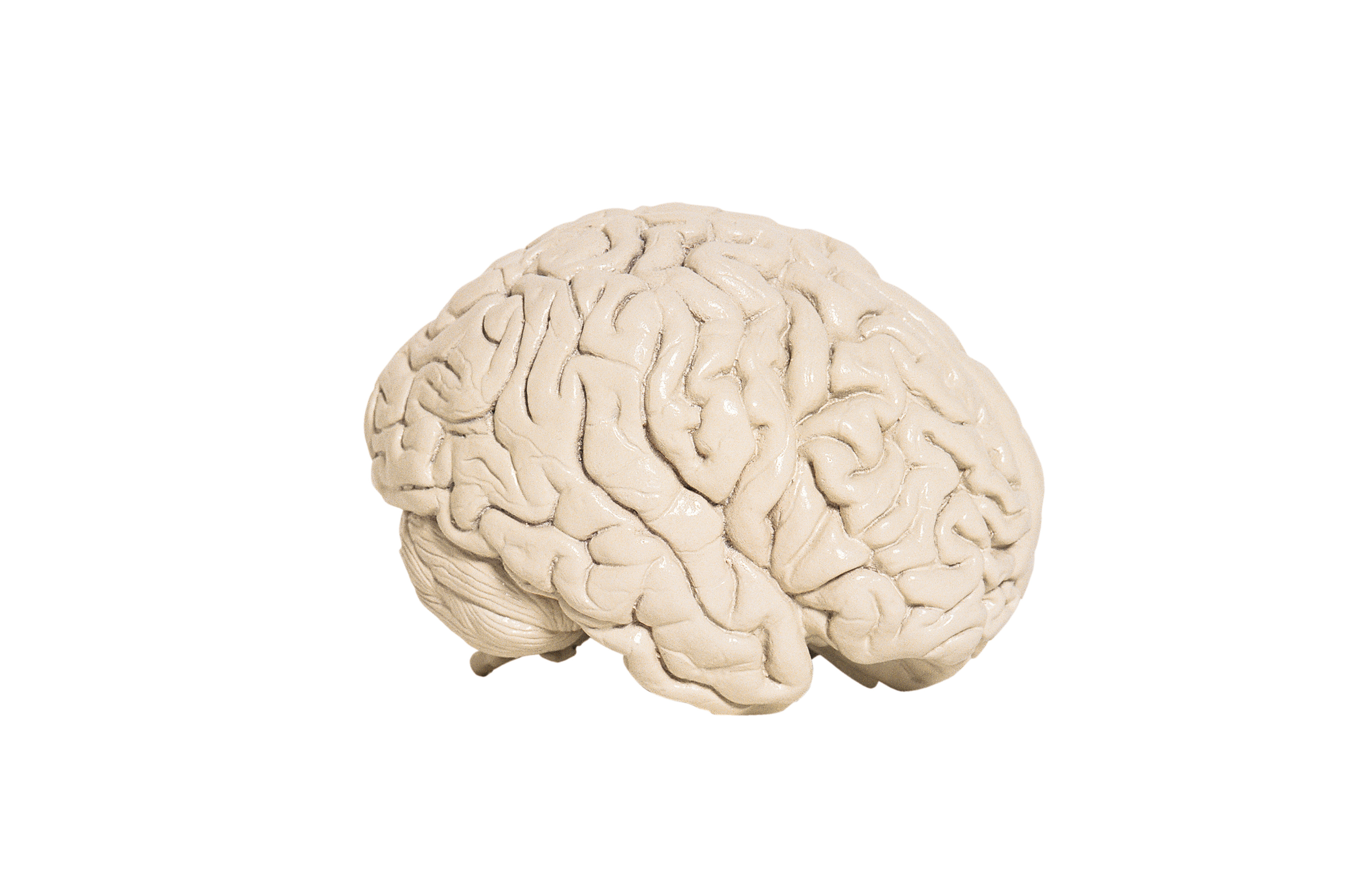Mental Health Services

- Assessment Services
Psychological
Assessment >>
Neuropsychological
Assessment >>
A
neuropsychological
evaluation is
used to examine current
levels of cognitive functioning, which can be used to determine and
guide
treatment, as well as to monitor changes in cognitive functioning.
Neuropsychological
evaluations are used for planning educational and vocational programs,
disability determination, forensic (legal) purposes, and providing
appropriate
rehabilitative/treatment recommendations. We provide thorough,
comprehensive
evaluations for individuals diagnosed with a range of conditions,
including:
Traumatic Brain Injury
Strokes
Developmental Learning Disabilities
Attention Deficit Disorders
Psychiatric or Neuropsychiatric Disorders
Seizure Disorders
Medical Illness or Effects of Medical Intervention
Effects of Toxic Chemicals or Chronic Substance Abuse
Neurodegenerative Disorders (e.g., Alzheimer's Disease)
Learning
Disability Evaluation >>
Individuals with learning disabilities have a neurologically-based processing problem that interferes with their ability to master specific learning skills. In addition to test data, the evaluation includes a clinical interview as well as questionnaires and rating scales completed by parents, teachers, and the student. This data helps to identify whether attentional and/or emotional issues might be contributing to, or resulting from, the learning difficulties. A Learning Disability assessment usually consists of a battery of tests that will provide information on overall abilities, particularly learning styles, information processing abilities, and academic skills: reading, written language, and mathematics.
Developmental
Disorders >>
There are five basic pervasive developmental disorders within the autistic spectrum: Asperger’s Syndrome, Autistic Disorder, Pervasive Developmental Disorder, Rett’s Syndrome, and Childhood Disintegrative Disorder. Diagnosis of an autism spectrum disorder takes particular care, because the presentation of this disorder varies from person to person, and symptoms often change with development. More often than not, clients with Asperger’s Syndrome or High Functioning Autism also experience other related difficulties such as ADD/ADHD, depression, and learning disabilities that make the diagnosis difficult and labor intensive.
In addition, many times individuals who have characteristics of an Asperger’s disorder profile present with other difficulties. For example, it is sometimes challenging to distinguish Asperger’s Syndrome from symptoms experienced by a shy, depressed child who is verbally gifted. Symptoms common to autism spectrum disorders also need to be distinguished from symptoms that result from trauma.
For these reasons, the consideration of current life stressors is extremely important for a reliable diagnosis. While assessments look for the main characteristics of an autism spectrum disorder (social impairment, communication difficulties, reliance on repetitive routines/ narrowness of interests), a comprehensive evaluation will assess the following areas of functioning through a combination of individualized standardized testing, self-report measures, behavioral checklists, interviews, and observations:
Developmental and medical history
Cognitive abilities and academic achievement
Social competence and social perception
Emotional and behavioral functioning
Communication and language skills
Perceptual-motor/visual-spatial ability
Assessment of attention and memory as indicated
The results obtained from this testing can: identify specific strengths and weaknesses unique to each individual, be used to recommend appropriate treatment interventions, and help obtain appropriate school services and/or accommodations.
Giftedness
Testing >>
Make helpful recommendations for use at home and school to assist in creating an appropriately stimulating academic environment that takes your child's social and emotional needs into consideration
Obtain standardized assessment results for your child's school to use in determining admission into a gifted program.
ADD/ADHD
Evaluation >>
An evaluation for ADD/ADHD consists of assessment of academic achievement, an assessment of behavioral and emotional functioning, a parent interview, a child interview, behavioral observations during the assessment, and an assessment of general cognitive abilities and attention functioning under controlled conditions. Once the comprehensive assessment is complete, you will receive a report detailing the findings, with recommendations based on the individual's strengths and weaknesses. The goal is not merely diagnosis, but suggestions for interventions that are tailored to the individual’s profile. Recommendations that address the difficulties the patient is exhibiting are an essential component of the evaluation.

What is Working Memory?
Who can benefit from Cogmed?
• Individuals who have struggled with attention and learning all of their lives (e.g., ADD or learning disabilities)
• Individuals who have had a brain injury, stroke, or other injury to the brain effecting their working memory
• Individuals who find their ability to focus diminishing due to the normal effects of aging, or because of increased cognitive demands or overload If you feel that you are not doing as well as you could, given your intelligence and efforts, you could probably benefit from an individual evaluation to see if Cogmed Working Memory Training is right for you.
What is the Cogmed Working Memory Training Program?
The Cogmed Working Memory Training Program consists of 25 computerized training sessions that each last approximately 30-45 minutes. Each session consists of a selection of various tasks that target the different aspects of working memory. The training is done on a computer at home, school, or work. The training program is five weeks long with five sessions to be completed every week. It is a rigorous program designed to improve working memory through intensive and systematic training. The difficulty level of the training is adjusted in real time by the software based on the user’s performance. The fine-tuned calibration means that you will always be training at the very edge of your cognitive capacity.
The program is carefully designed, rigorous, and focused on the key cognitive function of working memory. The Cogmed training is always supported by a Cogmed Qualified coach to ensure that you have the right profile for training. The Cogmed-trained coach will provide structure, motivation, and feedback so you can get the most out of training.
The complete program includes:
Initial Interview-
Start-Up Session-
Five weeks of training-
Wrap-Up Session-
Six month follow-up interview-